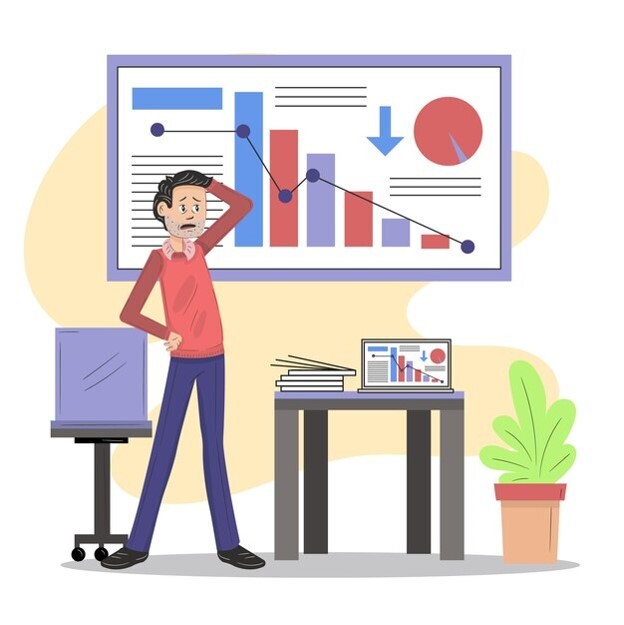Anticipating and Addressing Common Thesis Defense Questions


"What is the importance of your research?"
It is one of the most frequently asked. Examiners want to discover how the student's work has broader implications and real-world applications, as well as how it contributes to existing knowledge in the field. Students should be prepared to describe the new contributions of their research, the gaps in current knowledge that it seeks to address, and the possible influence on the academic community and beyond.

"What are the limitations of your study?"
It is another frequently asked question. Admitting limits in one's research demonstrates intellectual humility and critical thinking. Students should be open about the limits they encountered, such as sample size, data availability, or research method issues, and explain how they addressed or accounted for them in their analysis and conclusions.

Examiners may also inquire:
"What are the potential sources of bias or error in your research design?"
Identifying and resolving sources of bias is critical for doing reliable research. Students should be prepared to address the steps they took to reduce the influence of potential biases, such as how they chose participants, framed survey questions, or dealt with missing data.

The defense committee may also question the student's comprehension of the theoretical frameworks and literature review to their research. Such as
"How does your work build on or differ from the current theories in this area?"
and "What are the key debates in the literature that inform your research?"
These questions illustrate the student's depth of knowledge and ability to contextualize their work within the broader academic discussion.

Students should be prepared to address questions about their data analysis and interpretation. Examiners may inquire,
"How did you arrive at your conclusions based on the data?"
Alternatively
"What other explanations did you consider for your findings?"
To defend the reliability and reliability of the research, it is critical to clearly describe the analytical methodologies utilized and the reasons behind the interpretation of the results.

Finally, the defense committee may inquire about the student's future research goals or the practical application of their work. Questions like
"What are the next steps for advancing this line of inquiry?"
or "How could your findings be used in real-world settings?"
They will enable the student to illustrate the research's broader impact and scalability.


Have you spent countless hours on your thesis but aren't sure how to make that big project into a shorter, publishable article?
Let the experts at SITA Academy help. Our unique article extraction service takes the main ideas and findings from your thesis or dissertation and turns them into a polished, journal-ready paper(s).
Our team of experienced writers and editors will work closely with you. We'll find the key points, organize the structure, and ensure your article follows the formatting and content rules of the publication you want to submit to. Take the next step to share your valuable research - contact SITA Academy today to transform your thesis into a powerful published work.
If you have any questions, inquiries, or would like to learn more about our services, please don't hesitate to reach out to us. Our dedicated team is ready to assist you.